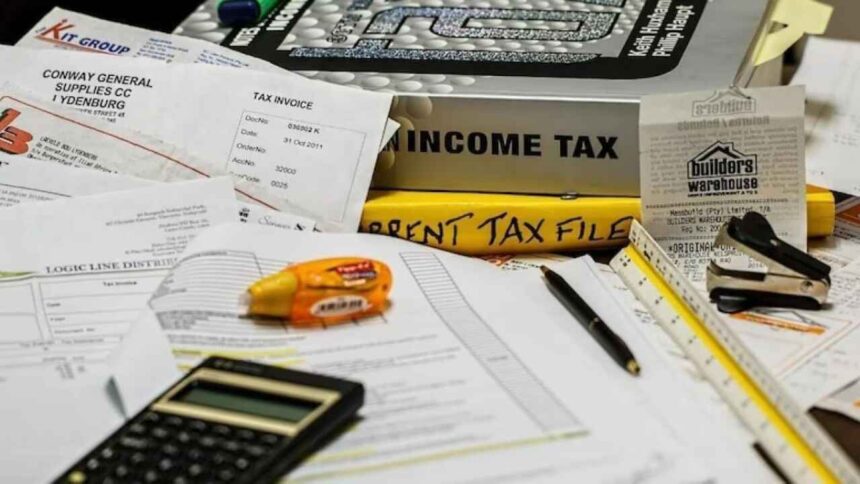Filing Income Tax Return (ITR) for the first time can be a daunting task. First-time taxpayers need to be aware of tax laws, deductions and exemptions.
Filing Income Tax Return : The deadline for filing income tax returns is approaching. Many people have not been able to file ITR yet. According to the Income Tax Act, it is mandatory for all individuals to file tax returns. Many taxpayers will file returns for the first time for the assessment year 2024-25. If you are also going to file ITR for the first time, then some points should always be remembered.
If someone is filing Income Tax Return (ITR) for the first time, then it can be a daunting task. First-time taxpayers should be aware of tax laws, deductions and exemptions, so that they can follow the filing process.
Form 16
The first step to filing ITR for salaried employees is to get their Form-16 from employers. This document is important as it is a necessary TDS certificate provided by employers (companies) to employees, which gives information about TDS from salary and other sources. Companies deduct TDS from the salaries of employees every month and deposit it with the government. Form 16 is a comprehensive document that contains all the necessary information required to file income tax returns. Form 16 is in both parts A and B.
Tax regime
The most important thing to keep in mind is which tax option you choose. There are two types of tax regimes, old and new. The tax slab rates are different for both. The old tax regime is a system under which there is tax exemption on annual income up to Rs 5 lakh. However, you can claim maximum tax exemption under House Rent Allowance (HRA), Leave Travel Allowance (LTA), Section 80C, 80D, 80CCD(1b), 80CCD(2) and others.
On the other hand, under the new tax regime, no tax is to be paid on income up to Rs 7 lakh. However, you are not given tax exemption under House Rent Allowance (HRA), Leave Travel Allowance (LTA), Section 80C, 80D, 80CCD(1b), 80CCD(2) and others.
Total Taxable Income
First-time taxpayers should know about the standard deduction system. If you arrive at your taxable income, then the standard deduction and total tax exemptions should be deducted from the gross income.
Form 26AS
Form 26AS serves as your annual tax return, containing important details such as tax deduction or collection details and income source. This document details about salary income, business profits and other revenue streams including interest earned from bank investments. The information provided in Form 26AS is extracted from the tax returns submitted by entities responsible for tax deduction or collection such as employers, deductors, collectors and financial institutions. Apart from this, Form 26AS also captures data related to tax deductions related to real estate transactions and virtual asset transactions.
Annual Income Statement
Annual Income Statement (AIS) is a comprehensive summary of the taxpayer’s financial details, as presented in Form 26AS. It includes information on tax deduction at source (TDS), tax collection at source (TCS), interest, dividends, stock market activities and mutual fund transactions. AIS expands the information available in Form 26AS, providing details of tax deductions, payments and financial activities. You can download Form 26AS and AIS on the Income Tax website.
Which documents are required to file ITR
PAN and Aadhar card, Form 16, interest certificate, annual information statement, Form 26AS, capital gains details, tax saving investment and expenditure proof and home loan statement are required.














